
“One morning, at 4 o’clock, I woke up screaming and threatening suicide. It was a guy, quite young, who lost a lot of money in a game room on the first floor,” says a Bucharest resident who lives in the Nerva Traian district. You don’t have to work hard to find such situations. Bucharest makes sure that in you were not there, wherever you were.
According to the National Gaming Office (ONJN), cited by Libertatea, there will be around 15,000 gaming agencies and 10,000 betting agencies in Romania. This will mean that we have a gaming agency for 600 people.
Also, on paper we would have 100,000 gambling addicts, but the reality is definitely much harsher. And psychiatrists report that patients addicted to gambling need support as well as medication for three to six months.
Walking around Bucharest, you quickly realize that this is impossible.
Once you get addicted to gambling, it will be extremely difficult, if not impossible, for you to give it up, because gambling halls are everywhere: from the exit from the steps of the block, 20 meters from the church you go to or the kindergarten where you leave your child, in the immediate vicinity of schools or gymnasiums, they literally engulfed large intersections of the city or even entire boulevards.
Where they are absent or more timidly present in the city, there are numerous billboards reminding you where to go for a ticket or other “claw”.
Anyone going to make a market on flight and he will pass through the intersection, here he will be able to notice that 99% of advertising on blocks is gambling.
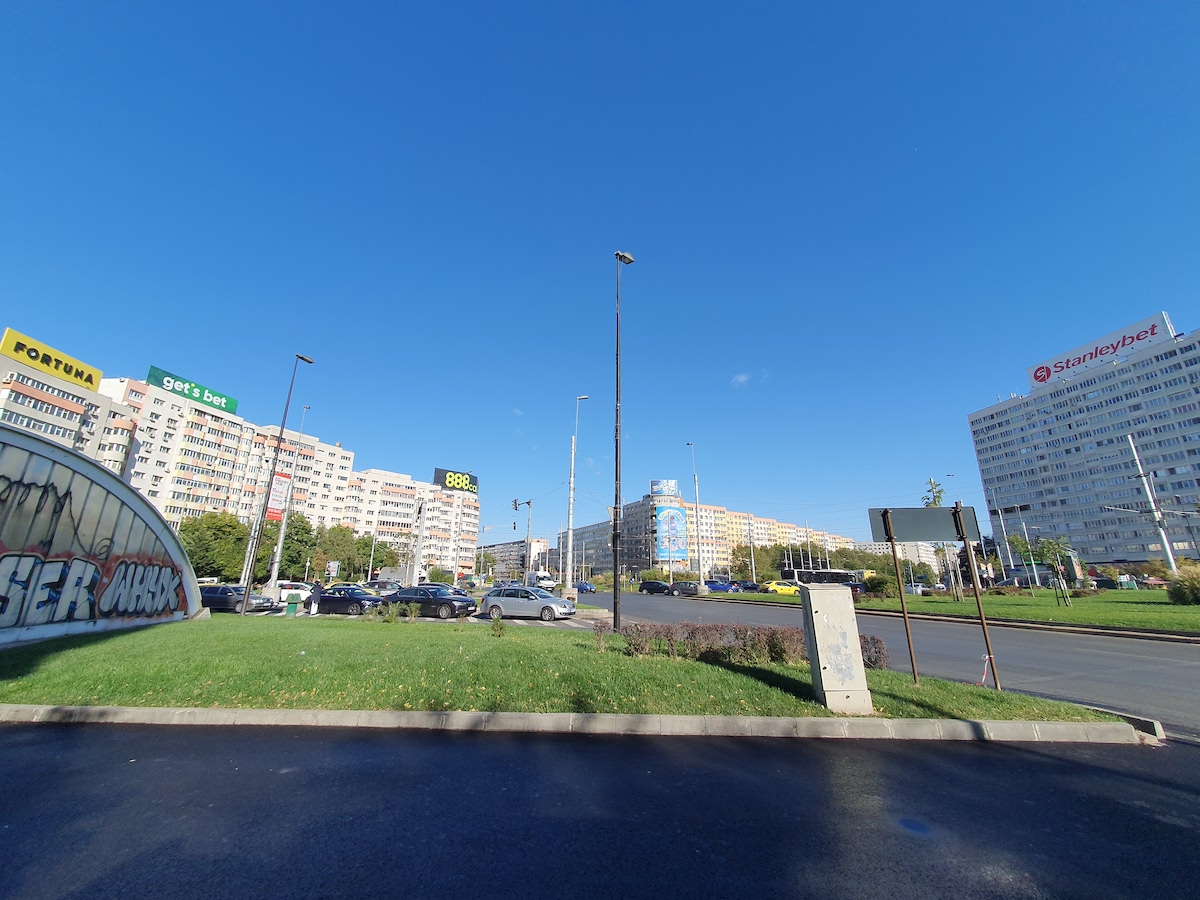
flight. Photos by Grui Dragomir
And not only that, the entire intersection is absorbed by gambling halls or bookmakers. There are six such gambling halls on one side of the intersection alone.
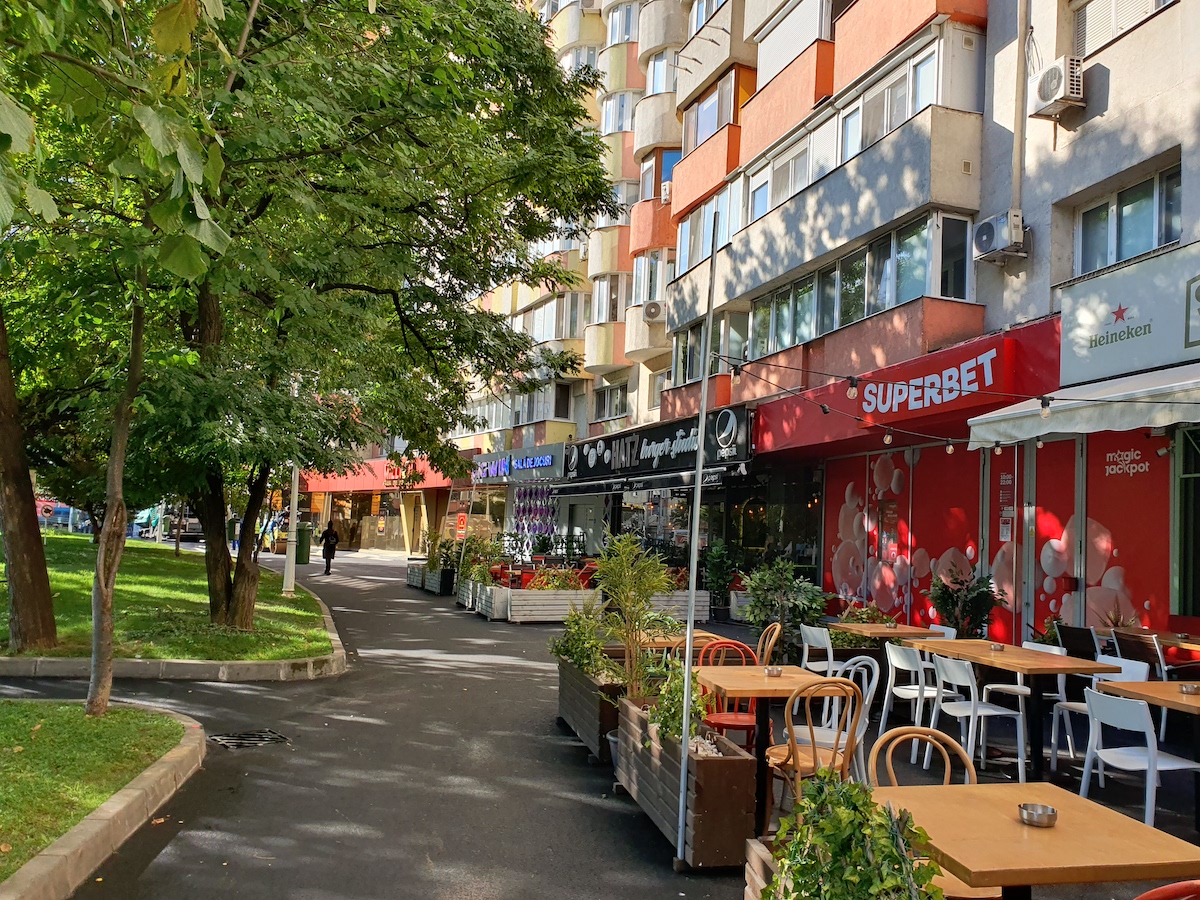
Actually more than half Grandfather’s Way it’s a little Las Vegas. You have a gambling hall next to a gambling hall, and in between there are other businesses that help in crisis situations, such as pawn shops, loan agencies or currency exchange offices.
Where they are not, there are shaormeris, a sex shop, Mega Image or other enterprises that do not seem to fit into the landscape at all, for example, a children’s clothing store even 10 meters from a sex shop. and a bookmaker’s office.
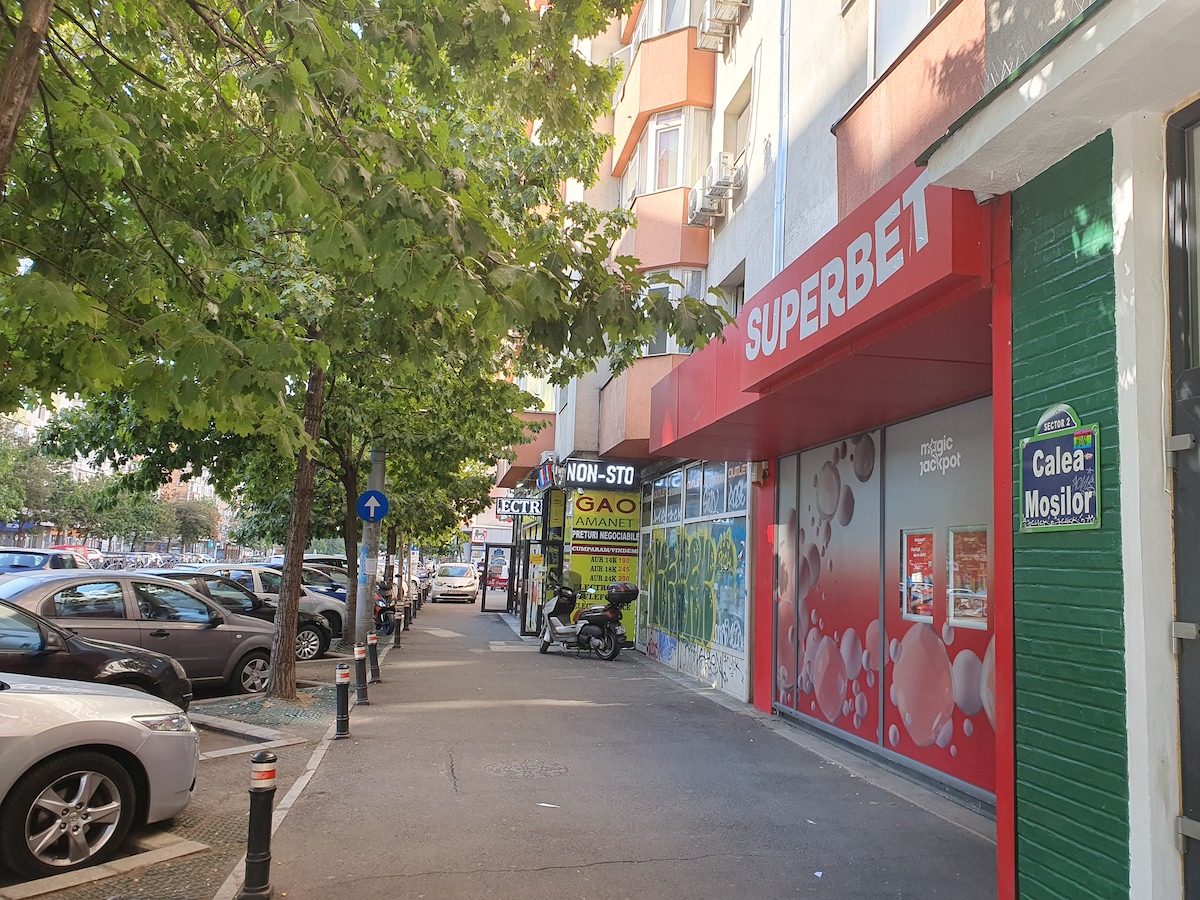
Another large intersection, absorbed by gambling halls I’m breathinglocated on the border between Sector 3 and Sector 2. Here we are faced with two situations that are as abnormal as they are disgusting.
On the side of the 2nd sector, we have a gambling hall, a pawnshop and a bookmaker’s office right next to the children’s playground, at a distance of even three meters.
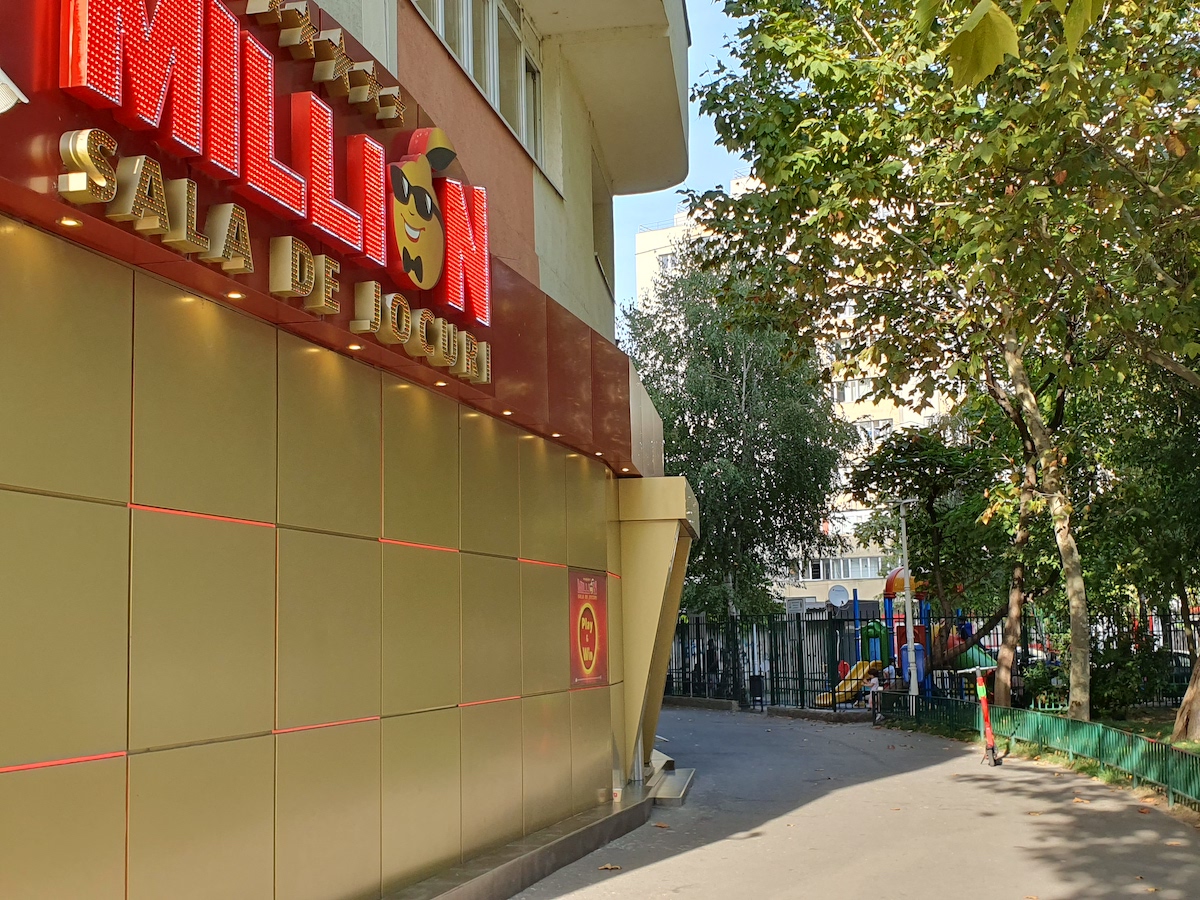
On the side of the 3rd sector, we have a gambling hall and a sports betting hall in the immediate vicinity of the kindergarten, even 20 meters away.
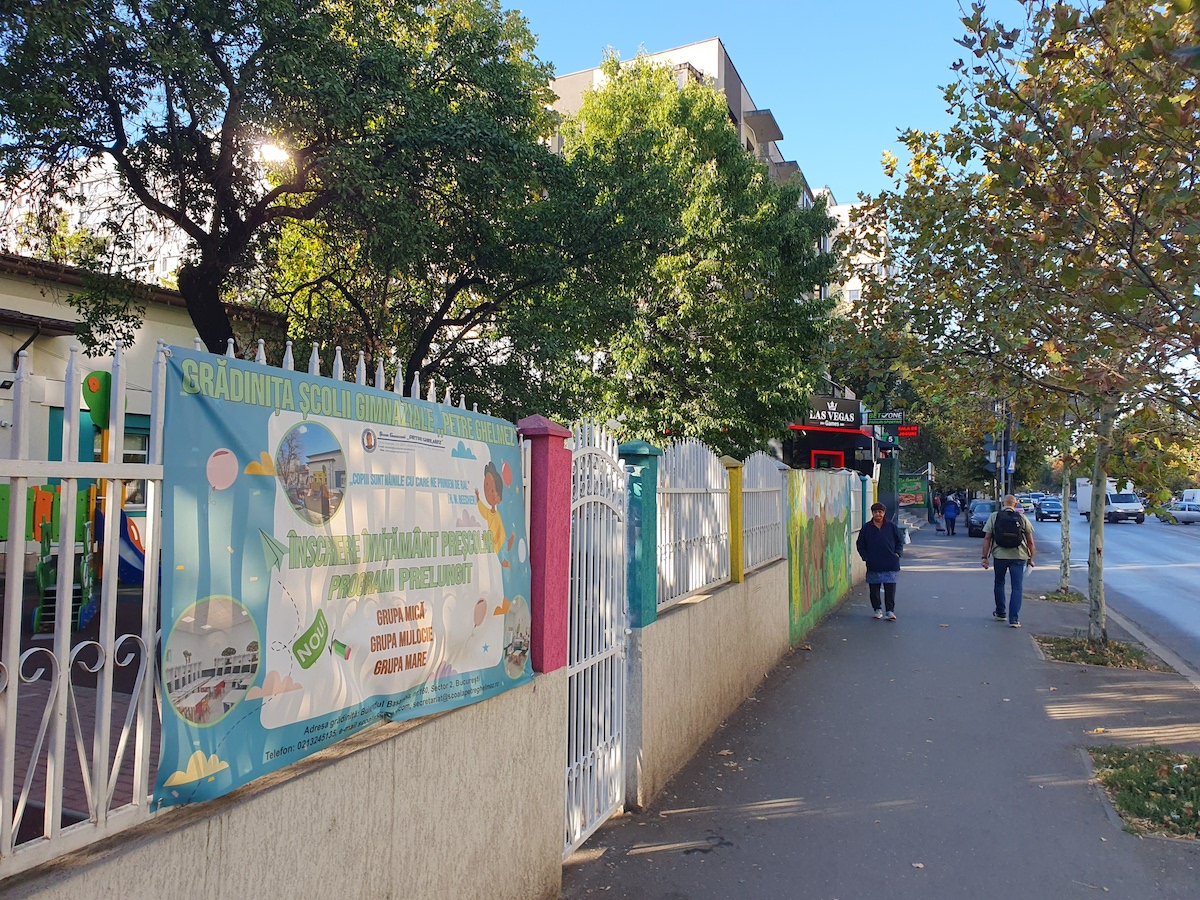
A similar situation exists in the intersection of Baba Novac and Nicolae Grigorescu streetswhere in the complex near the Potkoava quarter there is a gambling hall and a bookmaker’s office right next to the church, and behind it are two kindergartens and the Alexander Ioan Kuza secondary school.
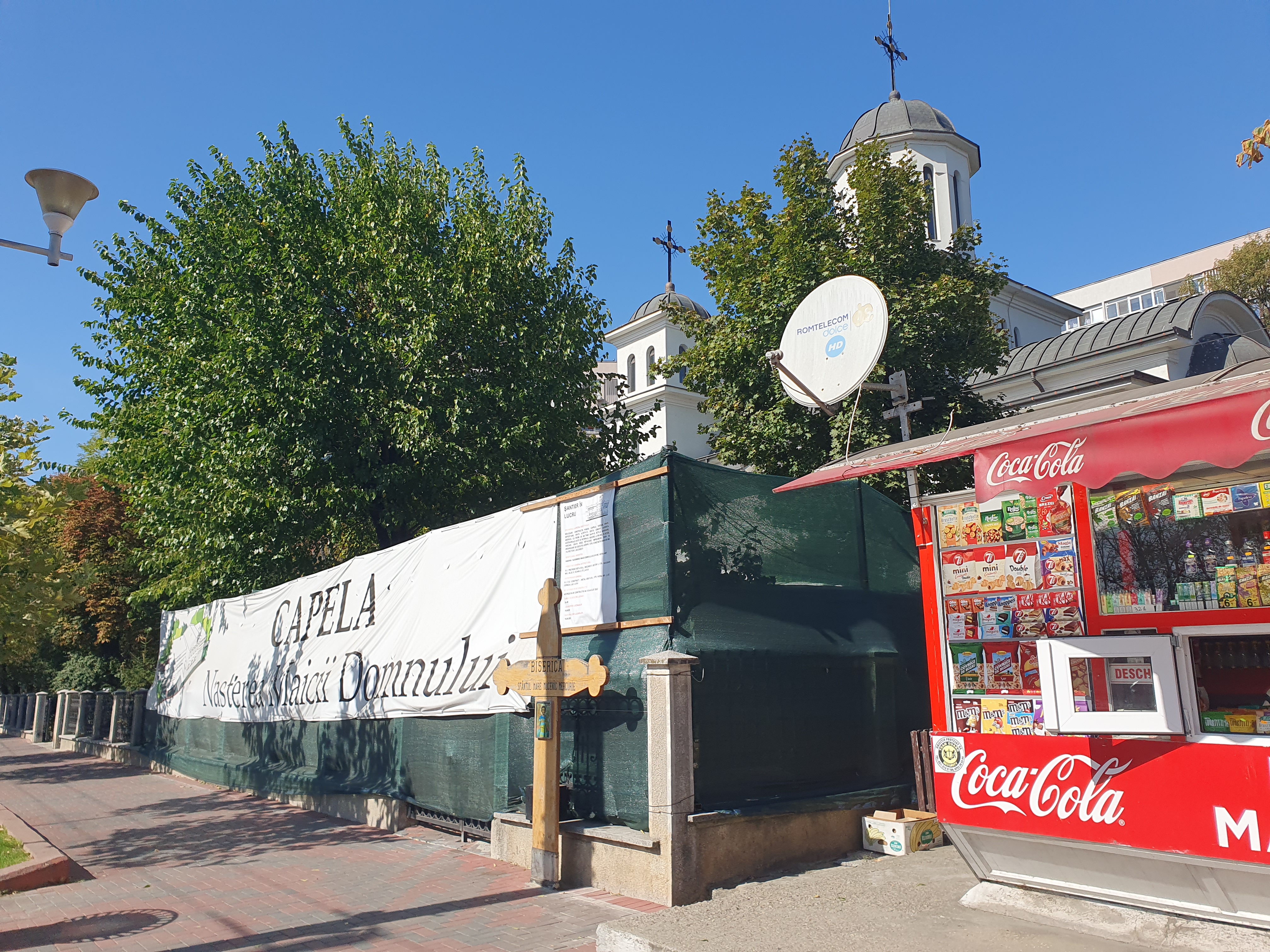
The game room is located 20 meters from the church, in a commercial complex near the Potcoava quarter
“The fact that gambling halls appear near schools and lyceums leads to the fact that young people go there immediately before or after the program, maybe even during the school program. This situation would not be problematic if gambling halls forbade them to enter, as it is written in the law, but most likely there is no such restriction,” sociologist Dani Sandu tells me.
I also ask him if these affiliations and invasions of public space do not lead to the normalization of gambling among young people.
“Young people are particularly vulnerable to this change in social norms, the normalization of gambling, because the perception that it is a normal activity comes with the habit of repeated gambling.
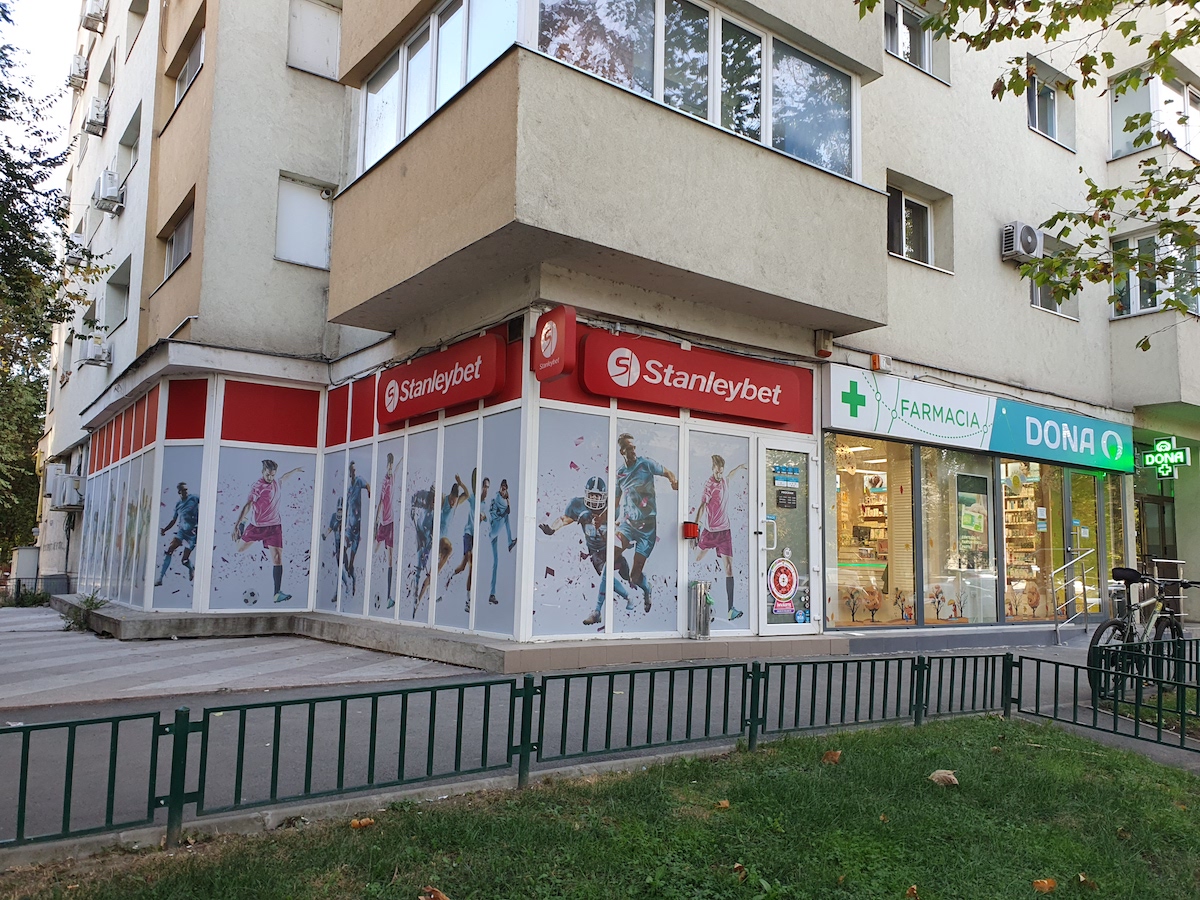
Bessarabian Boulevard, rates and medicines. PHOTO: Gruya Dragomyr
Thus, gambling is no longer something you can “try” when you get lucky, but becomes a hobby, as a kind of relaxation activity, which in the vast majority of cases leads to very large losses of money during life, to risky behavior, the inability to save funds etc.
There are several social studies that show that the proximity of schools to gambling halls leads to a significant reduction in the time spent by young people in school, which invariably leads to less developed human capital,” Dani Sandu explains to me.
Many gambling halls welcome you with free drinks while you play, making many places where they operate places to avoid, as you risk arguments or all kinds of resentment.
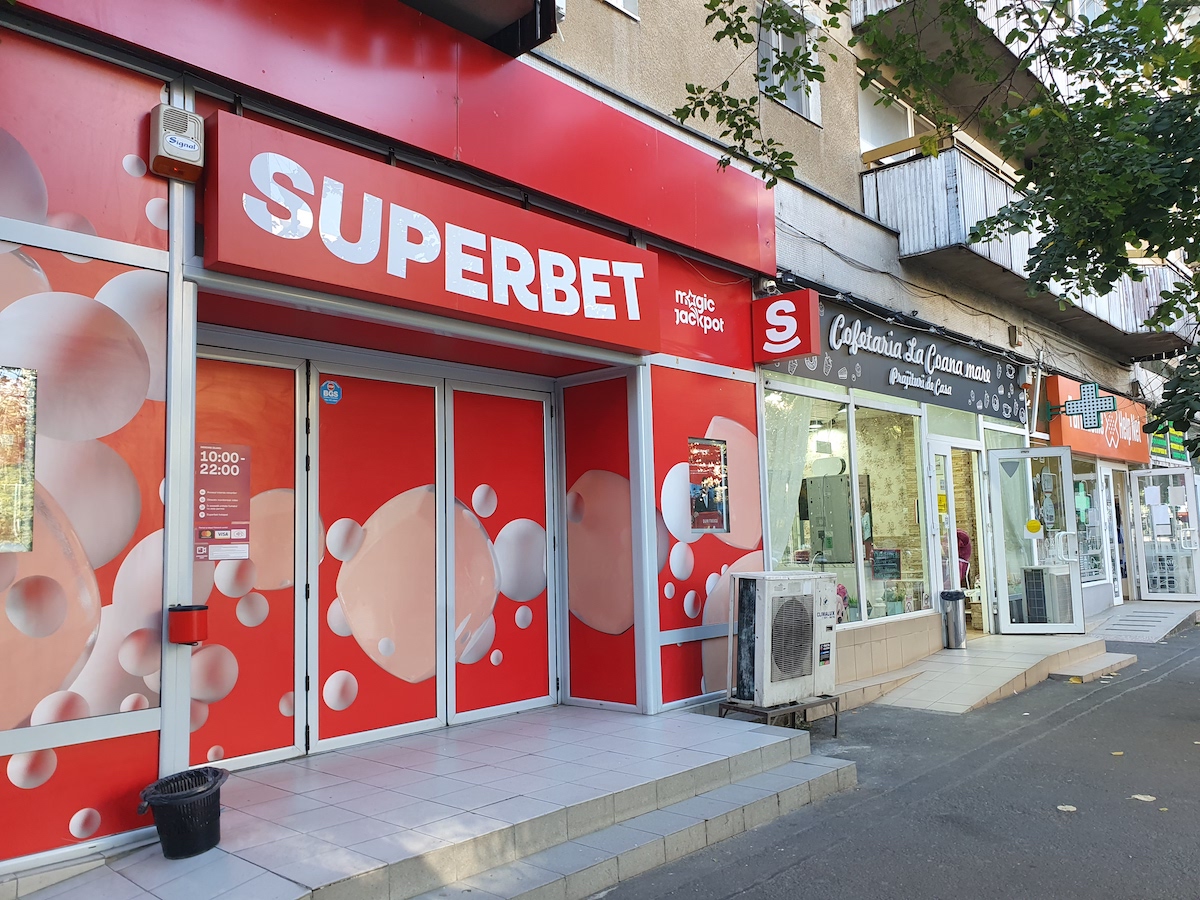
For example, Roksana (28 years old) tells me how in the neighborhood Camp road she never felt threatened.
“However, there is a place that causes me some discomfort when I pass by the gambling hall, located between a pastry shop and a second-hand shop on May 1 Boulevard, right at the intersection with Strada Sibiu.
The anxiety is especially heightened when I know I have to go somewhere in the evening and I might be wearing a skirt that’s too short (or not) for the gentlemen strategically positioned in front of the seed-spitting, beer-drinking, pass-judging non-humans women making sexist comments, inappropriate and unwanted, accompanied by rude gestures.
I wish there were no more companies like this that give male customers the opportunity to be easy prey and open everything else instead of bookmakers.”
The gambling hall Roxana mentions is also open a few meters from a club for the elderly in Sector 6, another vulnerable group when it comes to money laundering.
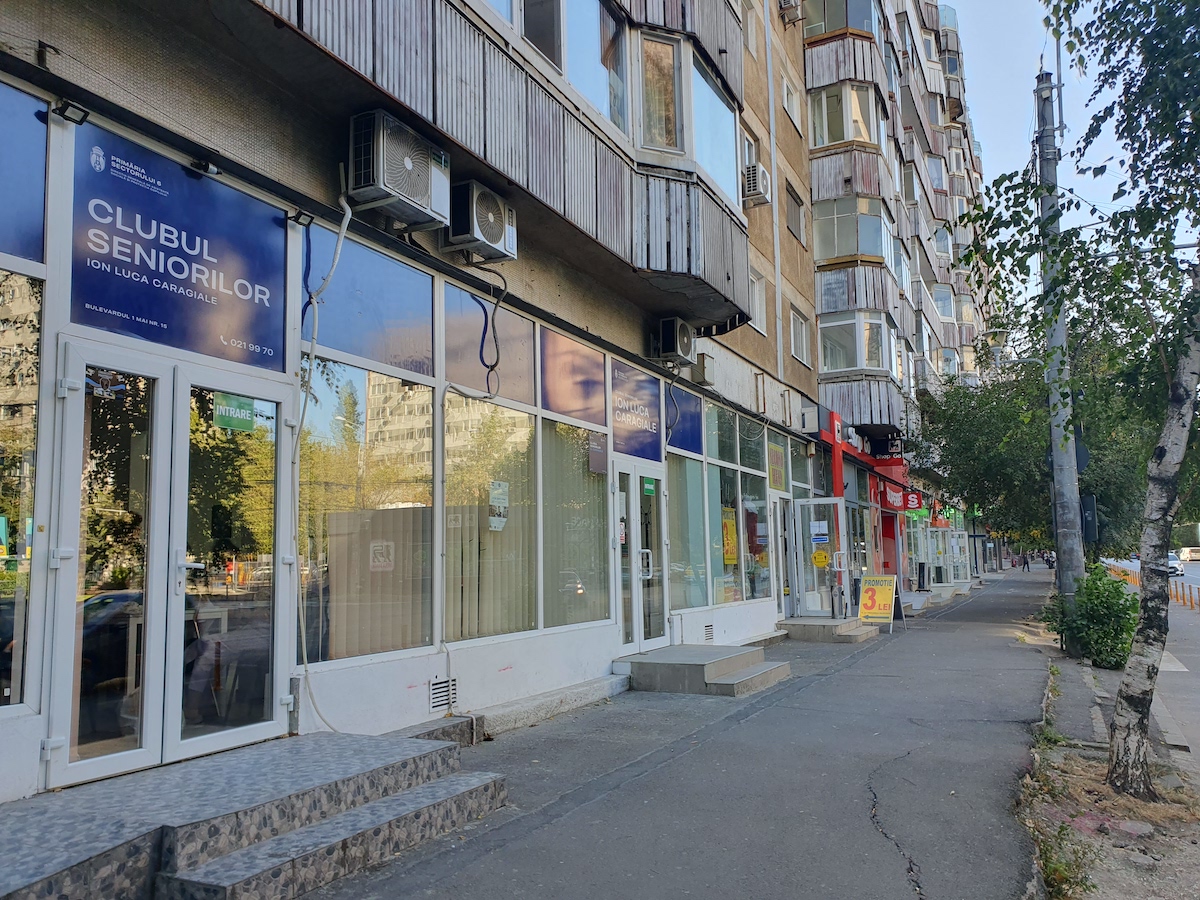
And at the crossroads Baba Nowats with Mihai Bravo On the first floor of the block I see that the commercial premises are divided between two banks, two bookmakers and a gambling hall.
I also found out completely by accident that on the football field on Major Koravu intended for children, a stone’s throw from the National Arena, there is also an advertisement for a bookmaker’s office.
“The large number of bookmakers/gambling halls is changing social norms. In general, in developed societies, there are quite strong social norms against gambling, that is, people associate this type of place with something undesirable, unpleasant, signaling weakness, etc.
And Romania had these rather strong norms, especially as a result of communism and the period from the beginning of the 90s. In Romania, these social norms against gambling also extend to the Christian-Orthodox sector.
When there are a large number of such places, social norms change and people come to believe that gambling is not necessarily something to be avoided; because they are so common, they become more socially acceptable, less scary,” sociologist Dani Sandu explains to me about the impact of this invasion on the collective mind.
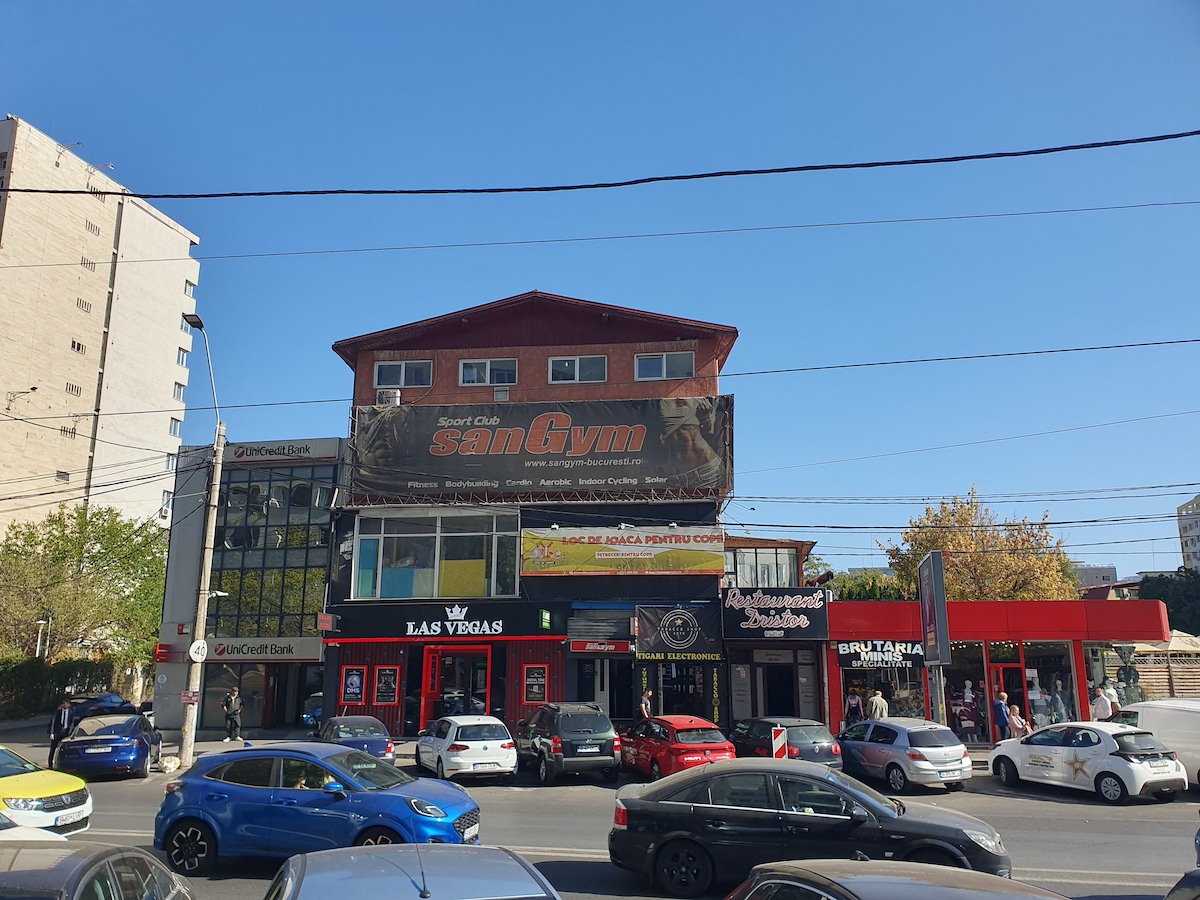
Dristor, Las Vegas. PHOTO: Gruya Dragomyr
Nerve of Trajan this is another boulevard on which, if you take a step, you will see a cluster of gambling halls and bookmakers. On the first floor there is a block with two gambling halls, two banks and a pharmacy.
Andriy (39 years old) also lives here, who tells me that not a week goes by without a scandal surrounding these gambling halls.
“I woke up one morning at 4am screaming and threatening to kill myself. He was a fairly young guy who had lost a lot of money in the casino downstairs and was causing a ruckus, walking down the street to get hit by cars… luckily there weren’t many people walking by at the time and they avoided him until the police and an ambulance arrived help.
Another night, a fight broke out between two groups that had come out of another casino downstairs. There were about ten people holding their fists, swearing at each other and throwing everything they could get their hands on. By the time the police arrived, they had evaporated. When I went out to take my child to school in the morning, there were still blood stains on the floor.
The other morning I found vomit on the car, probably someone from the casino because it’s full of drug addicts. We started to think that maybe it would be a good idea to move, because the whole boulevard is like that. I don’t want my boyfriend to think that it’s normal to go to bars and places like that, anyway, his classmates play bars on the phone, that it’s easy to say you’re 18 even if you’re not,” she tells Andriy .
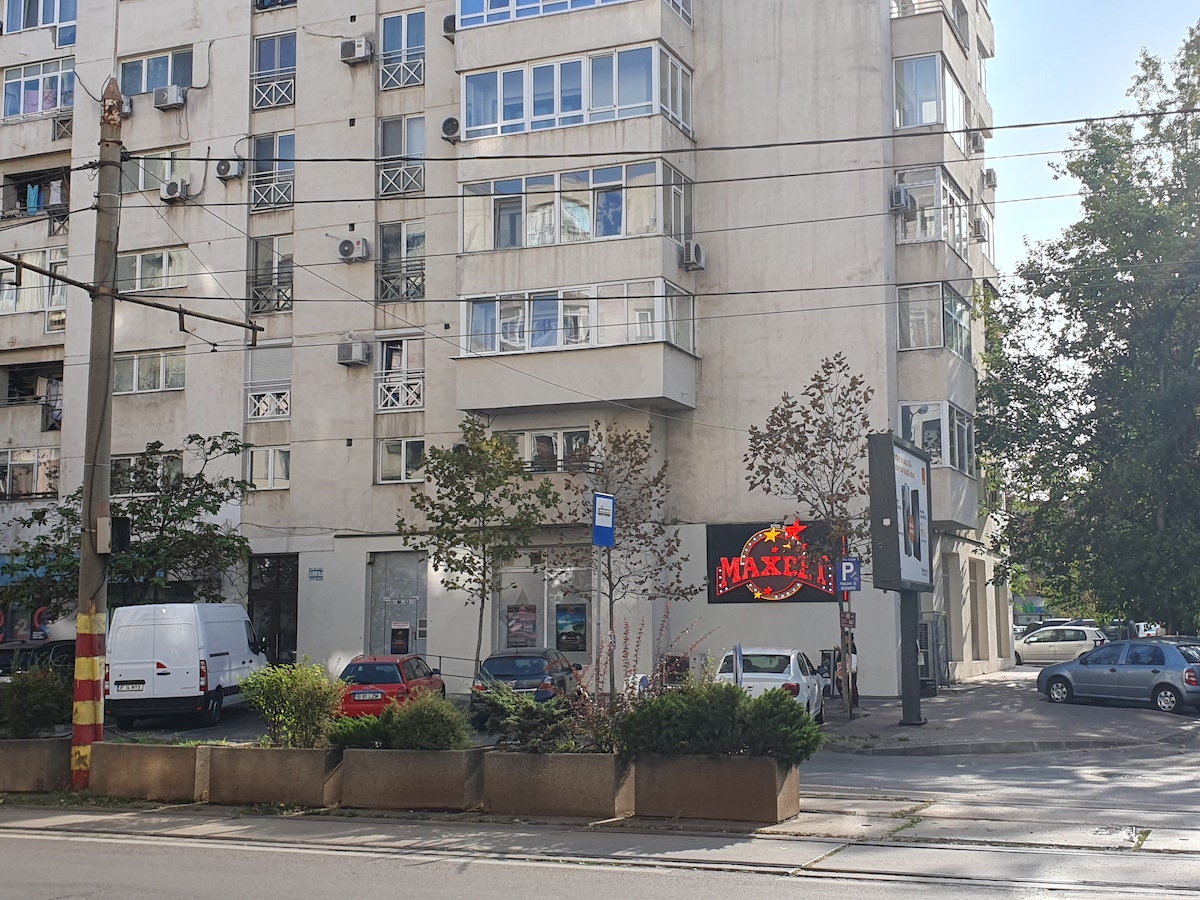
Speaking of moving out of Bucharest to avoid the invasion of gambling halls, I ask sociologist Dani Sandu if Bucharest is an atypical city from this point of view.
“In the large cities of Western Europe, even in those rare cases when bookmakers exist in residential areas, they are often disguised, presented less ostentatiously, precisely because local residents are generally reluctant to such premises and events, which means that: first, the local residents will object to the gambling establishment, and second, the local residents will look with suspicion and disapproval on anyone (especially one of the neighbors) when they see him entering the place.
An additional reason why these games have taken off so well in Bucharest is due to the very high (and widespread) social inequality in the city.
Although it is by far the richest city in Romania, Bucharest is home to many poor people who have little education and limited prospects for the future. However, being exposed to the very great wealth of the prosperous class of citizens, there is often a desire to quickly reach the same level of wealth, by short cuts – and gambling is the most striking example of such a fast track.
A poor person who has no prospects of getting rich by his own efforts, exposed to the wealth of others, will think that he “deserves” to be richer, better, so he will have the impression that his chances of winning (in the lottery, betting, gambling, etc.) are bigger than they really are. And then he will always try, with whatever money he finds, to get what he “belongs to,” he says.
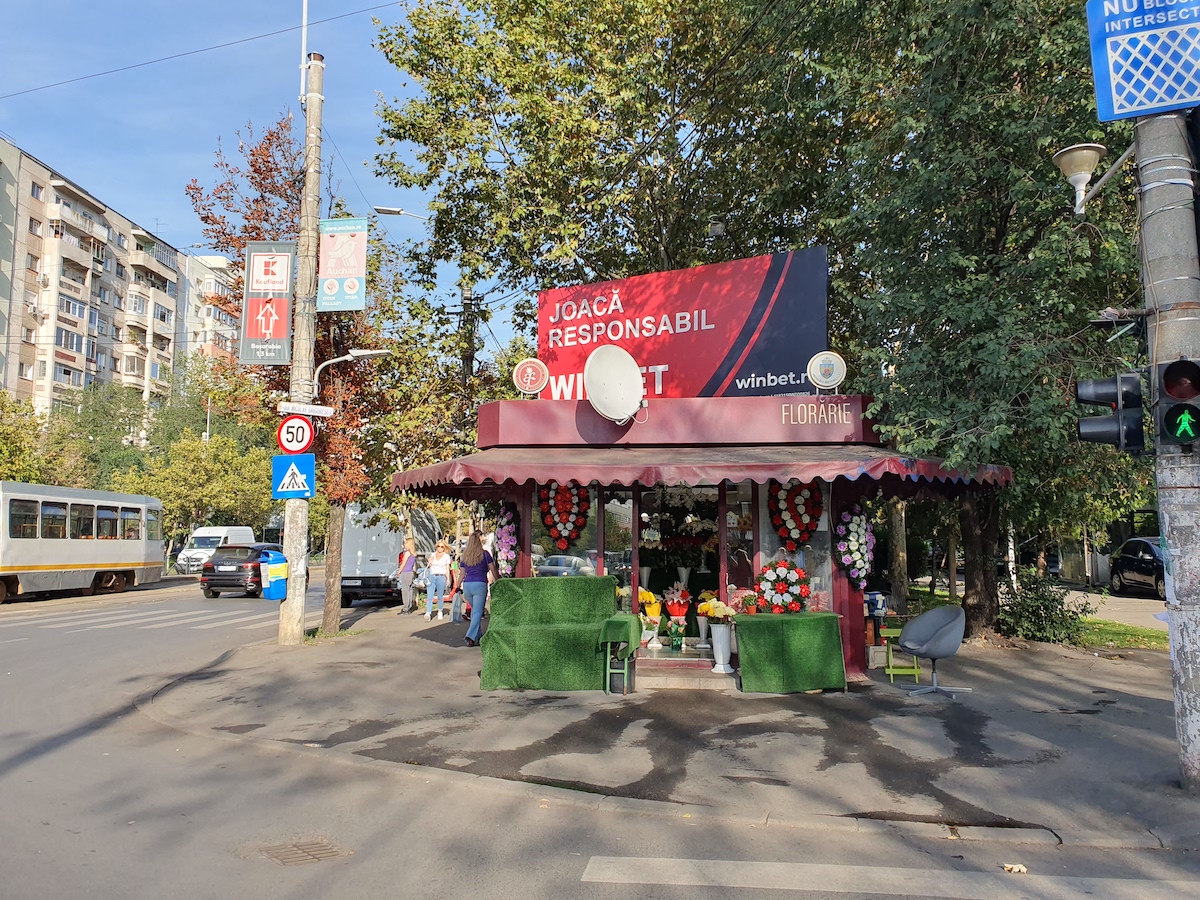
As for the solution that authorities found, a bill that would move gambling halls out of cities and into the suburbs that passed the Senate, Dani Sandu says it doesn’t help at all.
“The current debate about moving gambling halls and shops out of the city center doesn’t really help solve the problem precisely because it makes this kind of vice more accessible to the very people who are most likely to be poor and hopeless, which will inevitably lead to much more more present on the periphery than in the center.
The difference would be that where the middle class lives, there wouldn’t be as many gambling halls, so there wouldn’t be as much public criticism, as much scandal, and as much pressure on politicians. In fact, this law is as cynical as possible.”
- Read also: Riot of empty plates. Who are the Gen Z influencers who fought bullies before Cholaku spotted them
Source: Hot News
Ashley Bailey is a talented author and journalist known for her writing on trending topics. Currently working at 247 news reel, she brings readers fresh perspectives on current issues. With her well-researched and thought-provoking articles, she captures the zeitgeist and stays ahead of the latest trends. Ashley’s writing is a must-read for anyone interested in staying up-to-date with the latest developments.